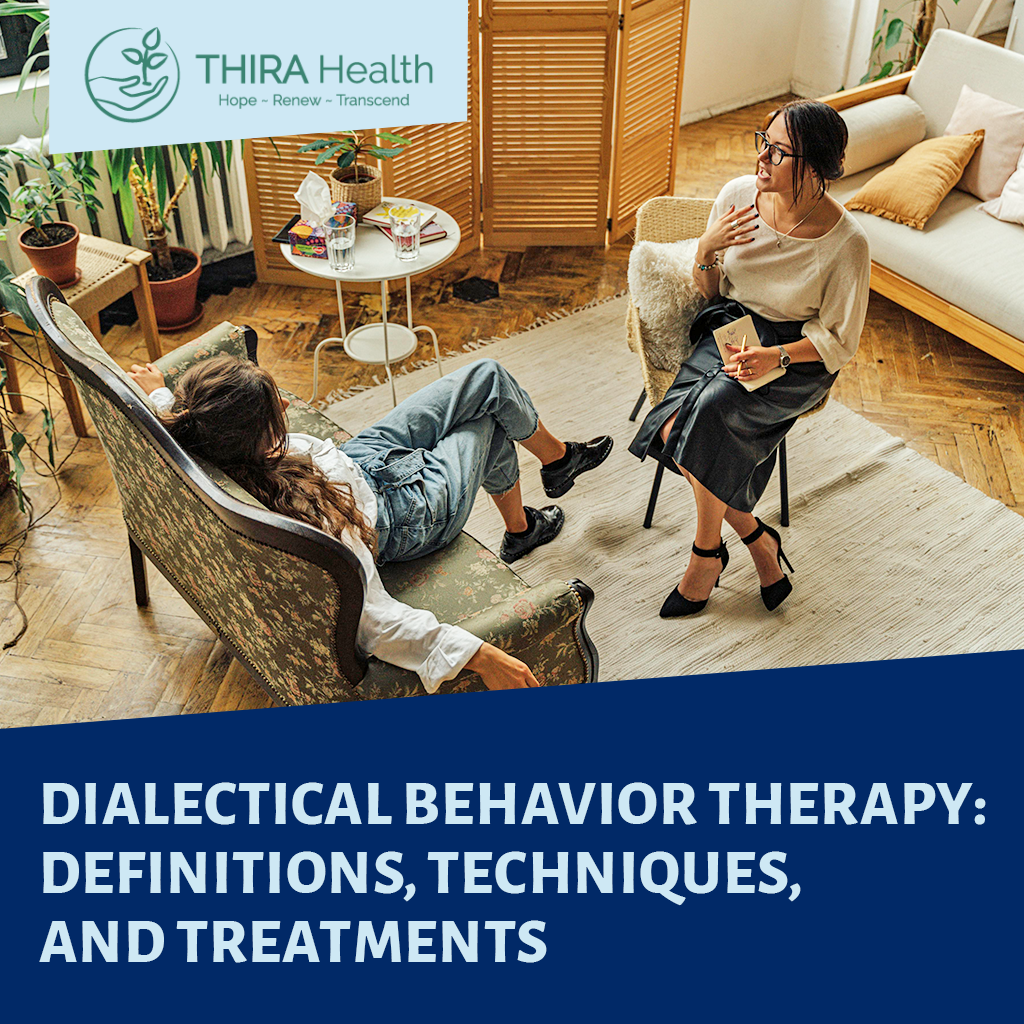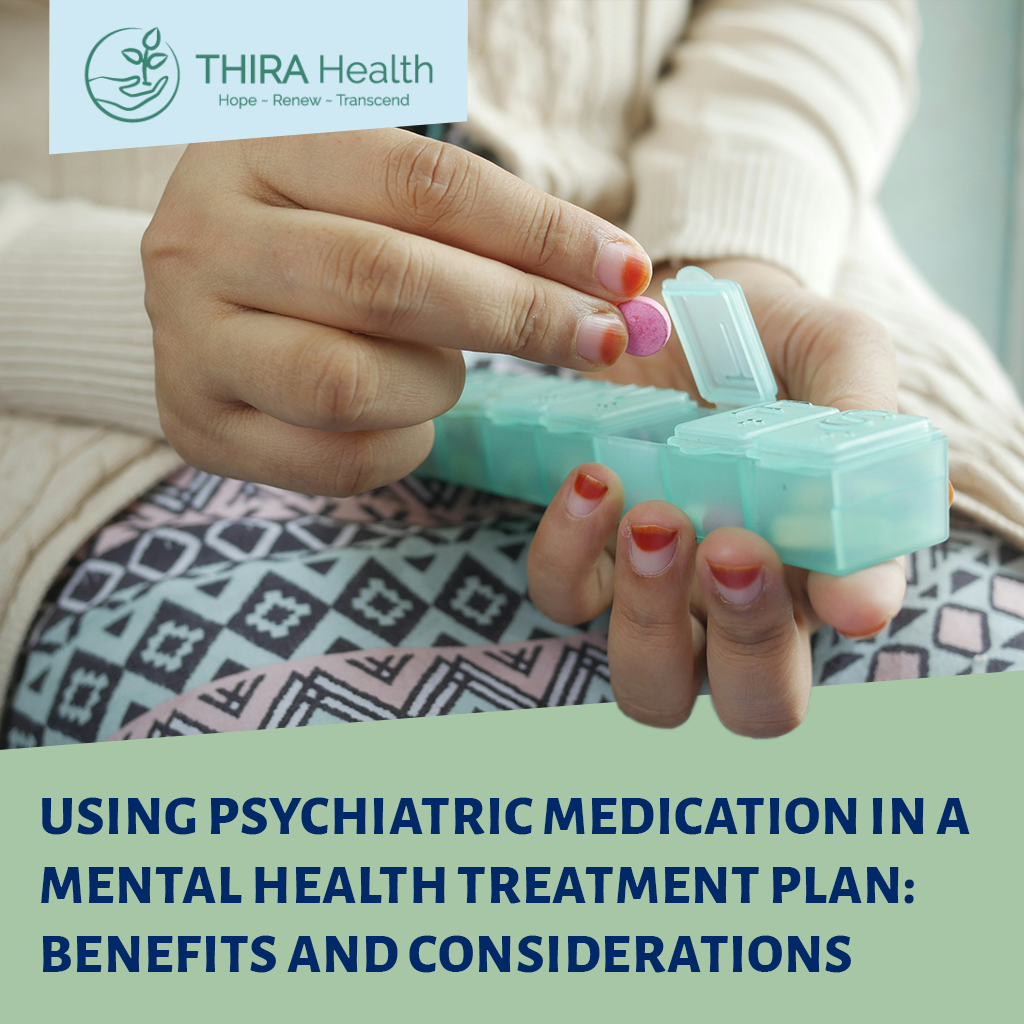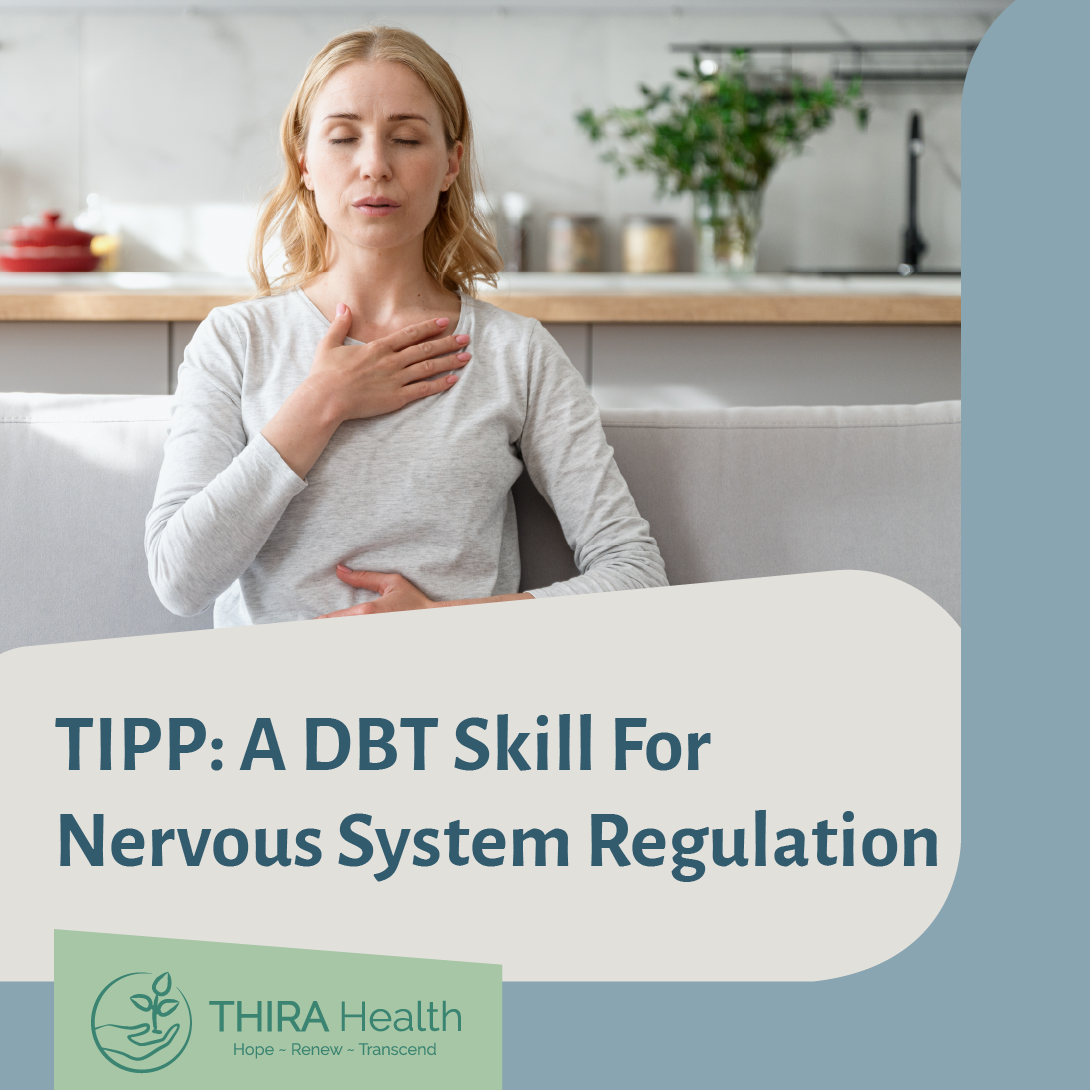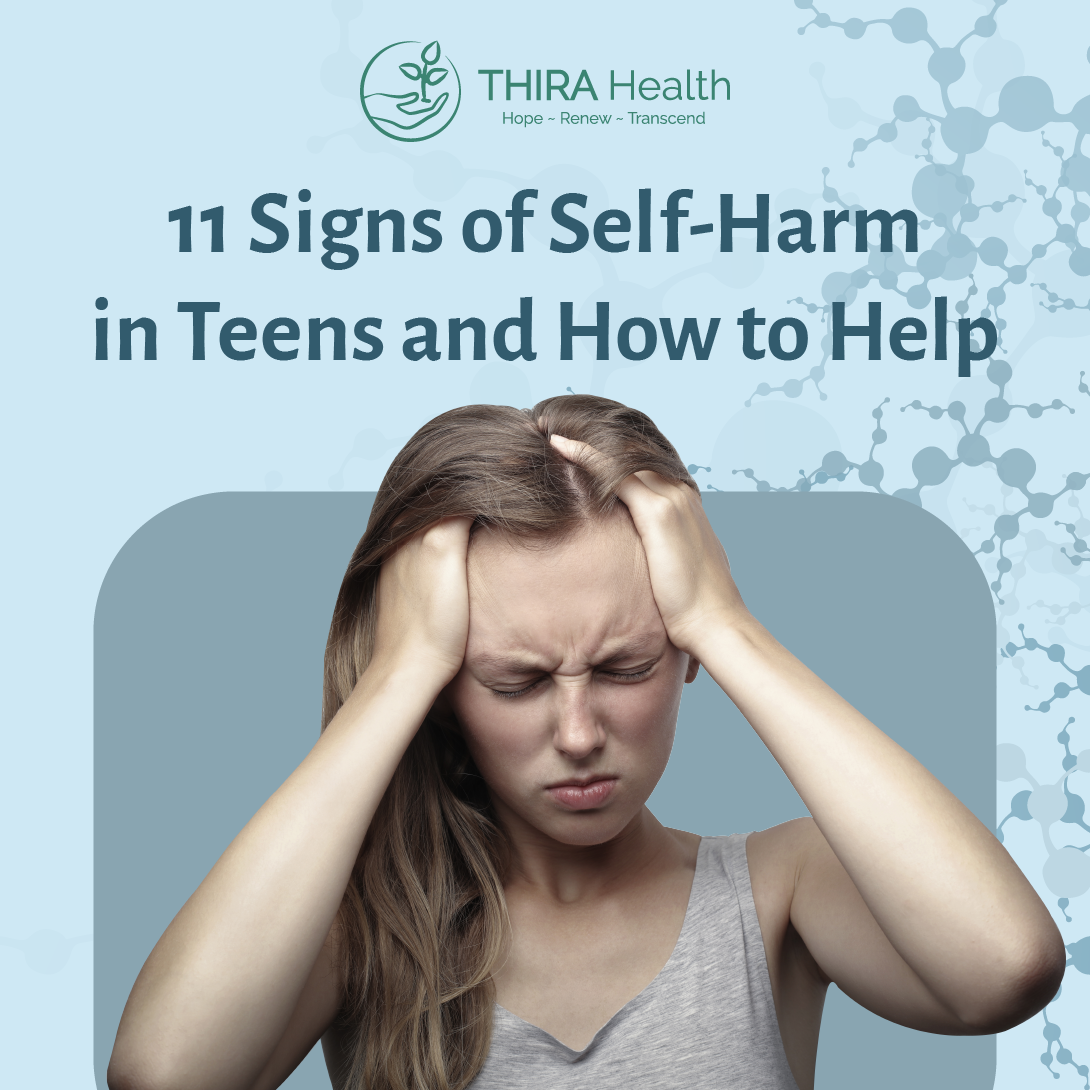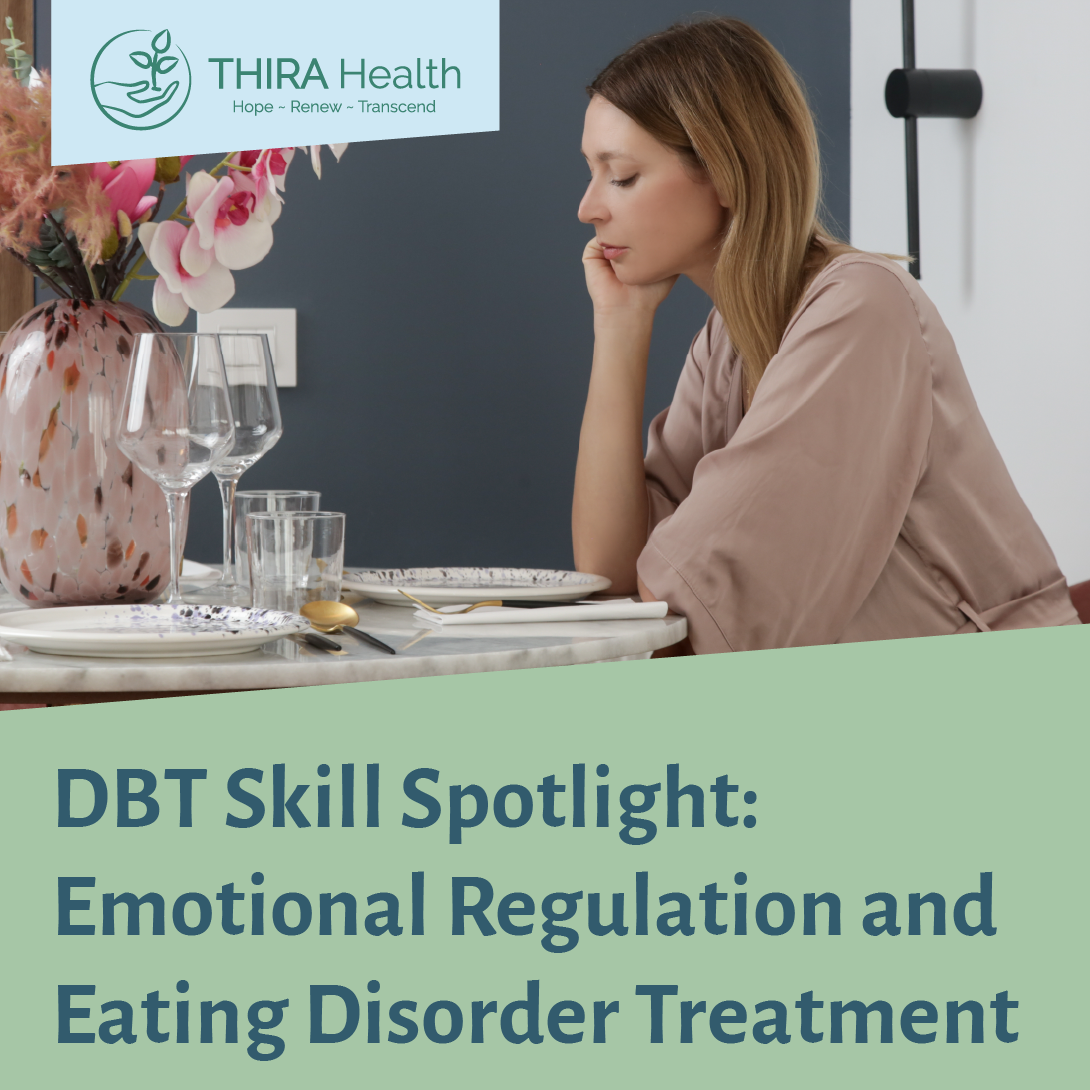Mental Illness Awareness Week/World Mental Health Day/National Depression Screening Day
Mental health, mental illness, depression, anxiety, trauma… All of these terms apply to the mental health struggles many of us deal with, and can vary by culture and expression. Mental Illness Awareness Week happens every October (this year it is the 4th through the 10th), World Mental Health Day is October 10th, and National Depression Screening Day is October 8th.
This provides the opportunity to highlight the importance of knowing and caring for yourself. It is a good time for all of us to consider whether we might need some extra help with issues that are of concern. Our focus in treating the whole person at THIRA Health is based on the idea that each of us brings a set of unique life experiences into the therapy room and that individualized treatment is important in recognizing each person’s challenges; providing the tools that everyone needs to effectively deal with their individual challenges is the basis of THIRA’s treatment model.
In the midst of this global pandemic, studies show that depressive symptoms have nearly tripled in the United States. To some degree, we have all struggled with the monotony and anxiety of of the pandemic’s presence in our community, our nation, the world, and sometimes even in our family or the lives of someone we care about. This can cause us to struggle to find motivation, or face a sense of hopelessness about an unknown future. Because of this pervasive challenge to our mental health, we are going to discuss diagnosable Clinical Depression, as well as what it means to experience situational depression and seasonal depression.
What is depression?
We hear the word “depressed” fairly often; not only in literature and research but in social media and news sources. You know the kind – memes about depression, existential dread, and funny things you tell your therapist about how you’re feeling. While we can appreciate the de-stigmatization that talking about mental health has gained through various social platforms, we should also be careful to create a clear image of Clinical Depression.
Depression is common across the globe – an estimated 264 million people worldwide experience symptoms that meet the criteria for a diagnosis.
Depression is exemplified by…
- general melancholy mood
- lack of interest in things you might have previously enjoyed
- change in sleep or appetite
- fatigue/tiredness
- lack of concentration
You might be wondering, “I’ve experienced all of these at some point or another…does this mean I am or have been depressed?” The short answer – it depends. While these are the common symptoms, whether or not we have Clinical (i.e. diagnosable) Depression depends on:
- The length of time in which you experienced these symptoms (days versus months versus years)
- Their persistence (does it come and go or stick around?)
- How many areas of your life your functioning is impacted (where do you struggle? Work? School? Home? Relationships?)
Is it possible to get depressed during certain times of the year or in difficult situations?
Absolutely. Situational depression is categorized as a more acute, short-term experience of depression that comes as a response to stressful or traumatic event(s). The difference between situational depression and clinical depression is that situational depression is seen as a disorder of adjustment. This means that while the stress or trauma may have a very serious effect on our well-being, as humans we will eventually adapt.
The same can be said for seasonal depression, more commonly known as Seasonal Affective Disorder (SAD). Seasonal depression is a form of situational depression, as it is known to be related to the weather patterns that come and go with the passing of the seasons. Seasonal depression typically begins in the Fall months and continues in Winter, affecting your energy levels and overall mood. As an example of situational depression, SAD can be depicted as an issue of adjustment to environmental changes.
Despite the brief nature of these subtypes of depression it is still important to seek help from loved ones, professionals, or otherwise-supportive resources (most of the time, you are your most supportive resource) so that temporary struggles with mood do not develop into a long-term battle with depression.
Coping with depression in 2020
Given what we now know about global vulnerabilities for depression, as well as the continued impacts of COVID-19, here are some ways you can care for yourself or someone you suspect is struggling.
- Get screened for symptoms. Depression screenings are available across the Internet and are typically free, confidential, and simple to complete. Use reputable resources such as MedlinePlus, Mental Health America, or the Anxiety and Depression Association of America.
- Remember that not all symptoms look the same. Those living with challenging socioeconomic conditions or with identities that are often marginalized within Western cultures can be more susceptible to symptoms of depression. This can be based on intergenerational trauma, stressful living circumstances, and/or ongoing discrimination by healthcare, law enforcement, and government systems. Sometimes what looks like depressive “symptoms” are just the result of the daily struggle for survival.
- Talk about it. It takes a great deal of bravery to tell another person what you are experiencing if those experiences are negative, troubling, embarrassing or otherwise difficult to talk about. Find a trusted friend, colleague, family member, or mental health professional that you feel comfortable with. If we are not speaking it, we are storing it.
- Take a personal inventory. Sometimes we don’t always address our mental health because we don’t want to look inward at the pain. We believe that we need to ignore it simply to function. This is ultimately an unhelpful choice. Notice what parts of your day feel most heavy, make note of what tasks feel tedious or unnecessary, and explore opportunities to take time for things you enjoy.
- Love yourself. You are lovable at every point in your healing journey. Your experience is depression does not define you, nor does it make you less deserving of love or understanding. This struggle is only one part of you, not your whole story.
If you or someone you know is struggling with symptoms of depression, contact us now to speak with an intake clinician today.

